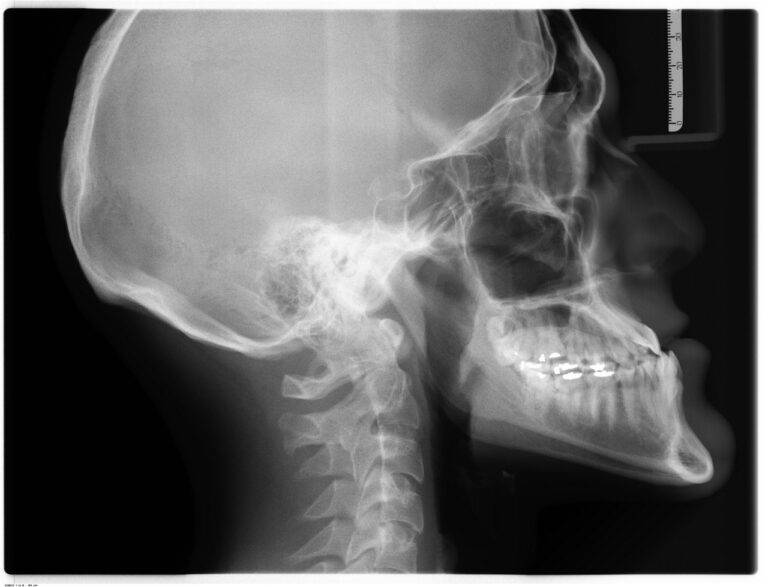The Future of Work: Automation, AI, and the Gig Economy
Automation in the workplace has significantly altered the labor landscape, presenting both opportunities and challenges. One major concern is the potential displacement of human workers by machines and software, leading to job loss in various industries. As tasks become automated, individuals who lack specialized skills or education may struggle to find employment, exacerbating income inequality and social unrest.
Moreover, the rapid pace at which automation is advancing poses a challenge for workers to adapt and acquire new skills to remain relevant in the workforce. This shift towards automation requires employees to be flexible and adaptable, continuously learning and updating their skill set to keep up with the evolving job market. The need for upskilling and reskilling programs is evident to help individuals transition into new roles and industries to thrive in an automated world.
Impact of Artificial Intelligence on Job Market
Artificial Intelligence (AI) has been a game-changer in numerous industries, revolutionizing processes and increasing efficiency. However, this technological advancement has not come without its challenges, particularly in the job market. As AI continues to evolve and automate tasks that were once performed by humans, there is a growing concern about the potential impact on employment opportunities.
Many experts predict that AI will lead to the displacement of certain jobs, especially those that involve repetitive tasks that can easily be automated. This shift can result in a decreased demand for human labor in certain sectors, leading to job loss for individuals who may struggle to adapt to the rapidly changing technological landscape. Despite the potential for job displacement, there is also a recognition that AI has the potential to create new opportunities and reshape the workforce in ways that we have yet to fully comprehend.
What are some challenges of automation in the workplace?
Some challenges of automation in the workplace include job displacement, skill gaps, and concerns about job security.
How is artificial intelligence affecting the job market?
Artificial intelligence is impacting the job market by automating tasks, creating new job opportunities in AI-related fields, and changing the skills required for various professions.
Will artificial intelligence replace all human jobs?
While artificial intelligence may automate certain tasks, it is unlikely to replace all human jobs. Instead, it may change the nature of work and require workers to adapt to new technologies.
What can workers do to prepare for the impact of artificial intelligence on the job market?
Workers can prepare for the impact of artificial intelligence by upskilling and reskilling, staying informed about industry trends, and developing skills that are in demand in the digital economy.
How can companies ensure a smooth transition to a more automated workplace?
Companies can ensure a smooth transition to a more automated workplace by investing in employee training, fostering a culture of innovation, and providing support for workers affected by automation.





